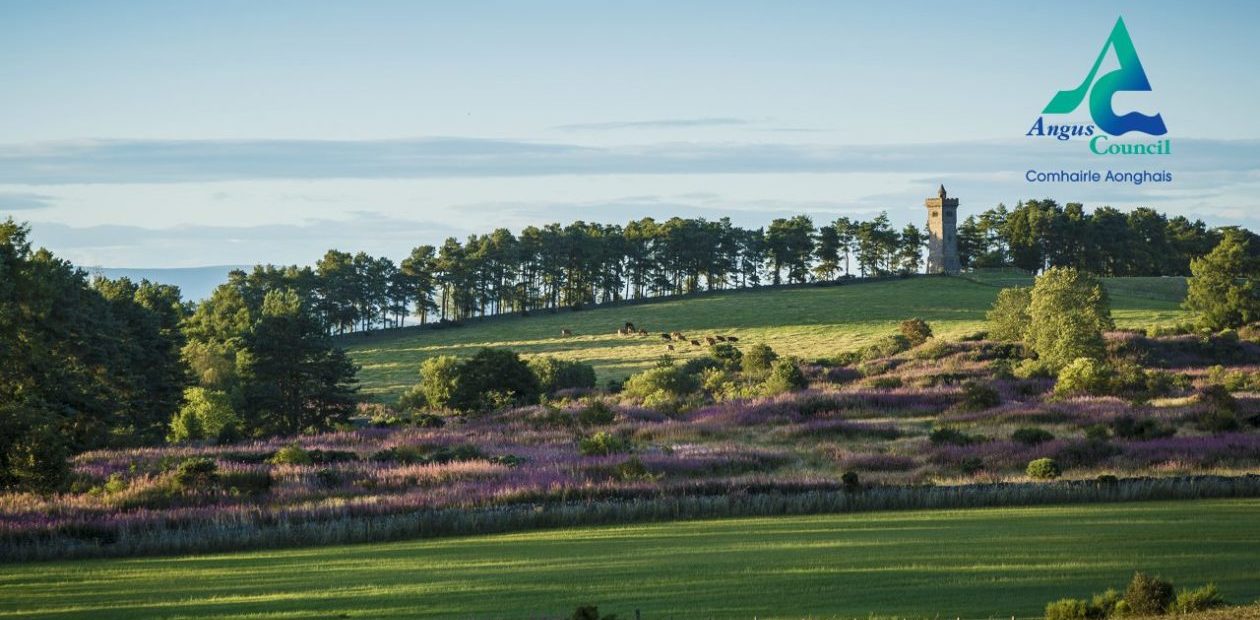by Alita Spink, Schools and Learning Support Officer


The Thrive team in Scotland is supporting the 2015 Children of Prisoners Europe, June campaign ’Not my crime, still my sentence’ which seeks to help inform and raise awareness of the rights and needs of children separated from a parent in prison. Thrive is especially supportive of the campaign focus on ‘the child, their wellbeing and the bond with their parent, in whatever form this may be’ as this is reflective of the Five to Thrive attachment approach used by the project.
Thrive works with children who are separated from a parent through imprisonment and are impacted by difficult life circumstances. Thrive would like to contribute to a wider understanding of the difficulties faced by these children along with the scale of this issue.
Recently, Her Majesty’s Chief Inspector of Prisons for Scotland, David Strang published the 2014 inspection report on HMP Perth. The report highlighted the Thrive service as an area of good practice and recommended that the Children’s Visits Scheme should be further developed.
Did you know that?
- There are an estimated 27,000 children in Scotland affected by parental imprisonment. This estimate means that more children in Scotland will experience parental imprisonment over the course of a year than divorce.
- Around 60% of the prison population has dependent children. In the Scottish Prison Service’s prisoner survey 2013, 63% of those taking part had children.
- Only 5% of children stay in the family home when their mother goes to prison.
- During their time at school, 7% of children will experience their father’s imprisonment.
- Children affected by parental imprisonment are up to 3 times more likely to develop mental health issues when compared with their peers.
- On a more local level, on average over 114 children per month visit HMP Perth and are affected on a daily basis by difficulties surrounding their parent’s imprisonment.
You can find out more about the COPE campaign here http://www.notmycrimestillmysentence.org/ or follow them on twitter @NetworkCope.




